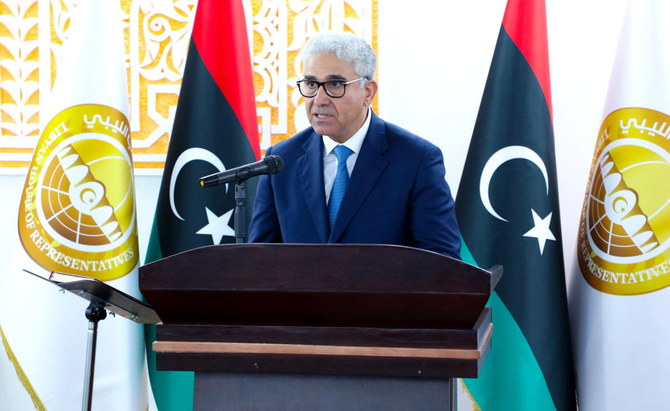
- ARAB NEWS
- 15 Jul 2025

TUNIS: The United Nations Libya adviser Stephanie Williams said on Friday she had invited the parliament and High State Council to each nominate six members for a joint committee on Libya’s constitutional arrangements.
Libya’s political process fell apart in December with the collapse of a scheduled election, with major factions and political bodies pushing opposing plans for the path ahead and backing rival governments.
On Thursday the parliament based in Tobruk in eastern Libya swore in Fathi Bashagha as prime minister but the incumbent Abdulhamid Al-Dbeibah in Tripoli, in the west, has refused to cede power risking a new conflict or territorial division.
The parliament in January approved its own political roadmap that involved putting an amended constitution to a referendum this year followed by elections next year.
Williams also urged factions to preserve security and stability and avoid escalation, adding “the solution to Libya’s crisis does not lie in forming rival administrations and perennial transitions.”
The parliament, which was elected in 2014, is recognized internationally through a 2015 political agreement that also recognized the High State Council as a legislative chamber formed from members of a previous parliament.
Although the High State Council initially appeared to agree the parliament’s constitutional plans and its installation of Bashagha’s government, it later rejected both.
Rival factions dispute the legitimacy of all the political bodies, including both the parliament and High State Council, and both Bashagha’s government and the Dbeibah administration which was installed a year ago through a UN-backed process.
Reuters